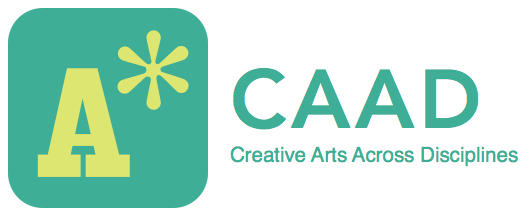On March 10, Audrey Quinn came to Vassar to deliver a talk centered on the idea of discovering one’s voice through the medium of audio recording.
As a writer, I have always focused on producing printed material, thinking little about other media I can use to express my words. I went to Audrey Quinn’s lecture because it was sponsored by CAAD and sounded interesting, even though the talk was wedged in the short time between two of my Thursday classes.
Quinn had a soft voice and a nonchalant intonation when she spoke, and she had a very minimalist powerpoint presentation projected onto a screen to guide conversation. I was captivated immediately.
I was captivated by Quinn’s belief that artistic expression through audio reporting can be a reflection of the human condition, how people can connect through the human voice and through the vulnerability of the reporter while recording live. These were things I had never considered before, and in a way, it revealed to me a dimension to audio reporting that simply cannot exist in printed storytelling.
Much of Quinn’s presentation sought to provide strategies and examples of how to achieve authenticity in audio reporting. What exactly does Quinn mean when she refers to “authenticity?” From what I gathered, authenticity is closely tied to vulnerability. If reporters allow themselves to be vulnerable, they reveal to the audience that they, too, are human, and have feelings and emotions. They make mistakes, they laugh, they don’t always understand things the first time they hear them. Though Quinn recommends that reporters prepare questions, anticipate answers, and prepare follow-up questions to those answers, she also encourages reporters to be spontaneous, to “say what you see,” to take risks. She talks about the importance of twisting questions around, of planning funny things but also to embrace funny things that occur in the moment and to leave them in the final cut. Quinn describes this process as “finding moments for authenticity.”
With my next class about to begin, I had a very hard time bringing myself to leave Rosenwald theater. For me personally, Quinn opened a door to a whole new world that I had never seen before, one that contained a slew of opportunities for me to tell stories orally rather than in written form. While I will always love writing, and will likely continue to write for the rest of my life, I am grateful to Quinn for introducing me to the world of audio narratives and for preparing me with the strategies to be successful.

